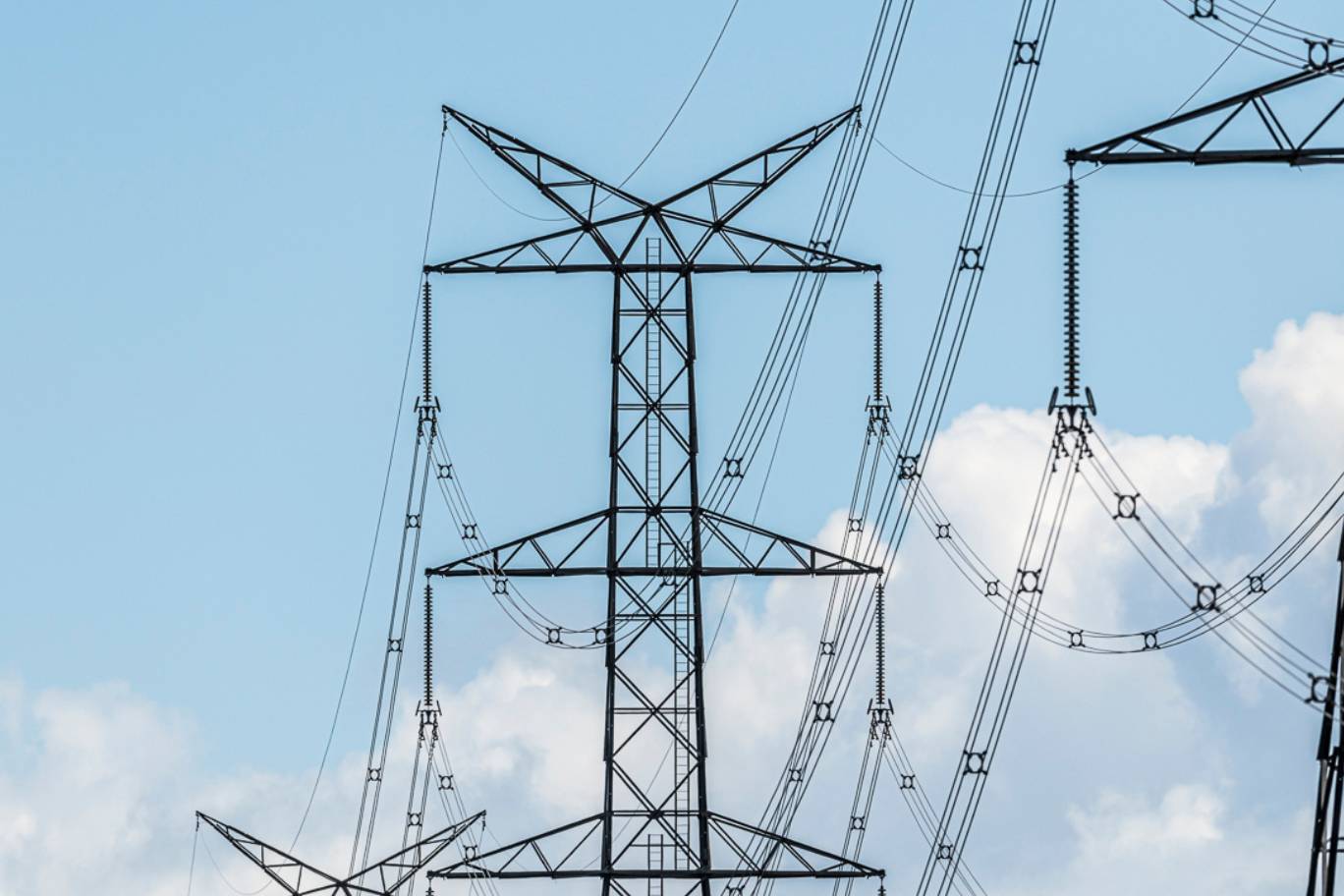

232 Resources found for:
- Presentation
- Cool+
- ...
What Are The Main Types Of Renewable Energy?
- Primary
- Year 4
- Humanities and Social Sciences
- Geography
- Environmental
- Energy
- Presentation
- Cool+
- ...
Different Types Of Renewable Energy
- Secondary
- Year 7 - 8
- Technology
- Design and Technologies
- Environmental
- Energy
- Presentation
- Cool+
- ...
The Main Types Of Renewable Energy
- Secondary
- Year 9
- Science
- Environmental
- Energy
- Presentation
- Cool+
- ...
Renewable vs Non-renewable Energy Around The World
- Secondary
- Year 7 - 8
- Technology
- Design and Technologies
- Environmental
- Energy
- Presentation
- Cool+
- ...
The Energy that Powers the World
- Secondary
- Year 10
- Science
- Earth and Space
- Environmental
- Energy
- Presentation
- Cool+
- ...
Comparing Renewable and Non-renewable Energy
- Primary
- Year 4
- Humanities and Social Sciences
- Geography
- Environmental
- Energy
- Lesson
- ...
Amy's Balancing Act - Books on Climate Change
- Primary
- Year 3 - 4
- English
- Learning through literature
- Environmental
- Climate Change
- Energy
- Sustainability
- Unit
- ...
2040 - Shaping a Sustainable Future
- Secondary
- Year 7 - 10
- English
- Mathematics
- Science
- Humanities and Social Sciences
- Geography
- Environmental
- Biodiversity
- Climate Change
- Energy
- Sustainability
- Lesson
- ...
Creating a Green Circular Economy
- Secondary
- Year 7
- Science
- Biology
- Environmental
- Biodiversity
- Energy
- Lesson
- ...
Conducting a Student Led School Energy Audit
- Secondary
- Year 7 - 10
- Science
- Human Endeavour
- Environmental
- Energy
Share this lesson
Copy Link
Copied
Share
Welcome back!
Don't have an account yet?
Log in with:
By signing up to Cool.org you consent and agree to Cool's privacy policy to
store, manage and process your personal information. To read more, please see
our privacy policy here(Opens in new tab).
Create your free Cool.org account.
Many of our resources are free, with an option to upgrade to Cool+ for premium content.
Already have an account?
Sign up with:
By signing up to Cool.org you consent and agree to Cool's privacy policy to
store, manage and process your personal information. To read more, please see
our privacy policy here(Opens in new tab).